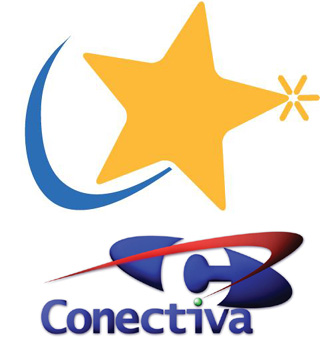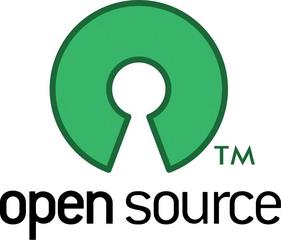When the French Mandrakesoft company announced its intent to buy the Brazilian Conectiva company, bystanders in the world of Linux nodded approval. The two Linux distributors are a good match, but neither was doing too well with respect to turnover.
Mandrakesoft has managed to escape from creditor protection and to make a small profit, but this has meant ditching high-flying expansion plans. A major share of Mandrakesoft’s 5 million Euro turnover in the last fiscal year resulted from US sales of low-budget PCs with Mandrakelinux pre-installed via the Walmart online store. Mandrakesoft also landed a few deals with French government offices.
Conectiva generated the lion’s share of their turnover of about 1 million Euros from services, whereas the boxed product contributed only about 10 percent to the company’s figures.
After the takeover, we talked to Mandrakesofts’s CEO, FranÁois Bancilhon who looks back on a volatile career as a start-up founder, and has been at the helm of the French Linux distributor since 2002.
In response to our questions about expansion plans, and if Mandrakesoft was planning facilities in Great Britain or Germany, Mr. Bancilhon stated: “We do sell in about 140 countries, but essentially through the web and our distributor network. We are indeed looking at the next territories where it would make sense to have a business presence. Good candidates are key European countries, but also emerging markets. We are currently looking at all these geographies and identifying the best way to address them.”

Mandrakesoft has had a few legal skirmishes on account of its brand name, and may have to drop the witching root for Linux à la FranÁais, although Mr. Bancilhon is still keeping the lid tightly closed on this issue: “This is in discussion, a decision will be made and announced within a month.” However, there will not be two products in future. Bancilhon: “The idea is to build a convergence product, we’re shooting for before the end of this year”
Mandrakesoft’s CEO is aware that this kind of convergence is often tricky when two company cultures collide. In response to our question as to the greatest risk, Mr. Bancilhon answered: “The most dangerous is the risk to be distracted by the merger itself and to lose control over our current business. So we will make sure to keep our eyes on the ball while we integrate. Another risk is to take too much time to integrate, so we have designed a detailed plan to control the process.”
On the other hand, both Mandrakesoft and Conectiva focus on the ideals of free software, and the few existing cultural differences between the two companies could prove inspirational: “One of the arguments for the merger was indeed the common culture: there is already a strong relationship between the 2 engineering teams, a lot of people knew each other already, they respect and appreciate each other’s work. On the other hand, some differences present some opportunity for synergy.”

Things look quite good for the alliance, and Bancilhon increasingly sees Mandrakesoft on a par with other leading commercial Linux distributions such as Red Hat and Suse/Novell: “This essentially confirms our position as one of the 3 global players. This means users worldwide are getting a true opportunity of choice. We look forward to contributing strongly to the growth of the Linux market, and we view our key competitors to be those players outside the Linux market.”
This said, it will take a lot of work on both sides of the Atlantic to back the claim up with hard facts. For example, Red Hat has a quarterly turnover of around US$ 50 million, and the combined efforts of Mandrakesoft and Conectiva are hardly likely to achieve more than 5 percent of that based on the most optimistic forecasts.
http://www.mandrakesoft.com/company/press/pr?n=/pr/corporate/2539
http://www.conectiva.com.br/cpub/body.php?newcod=1361
|



